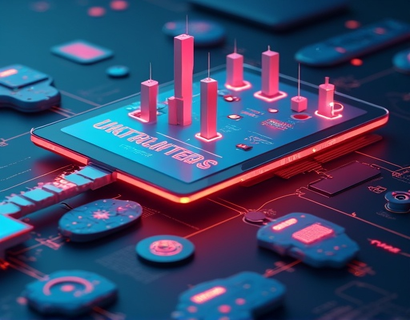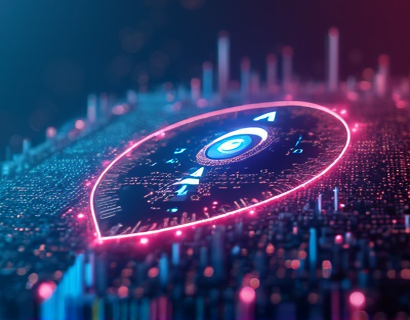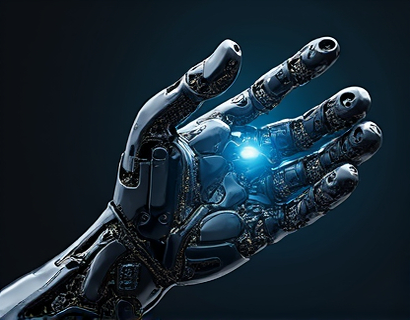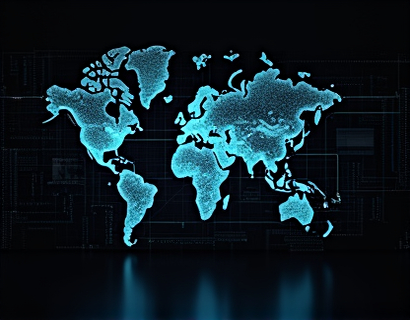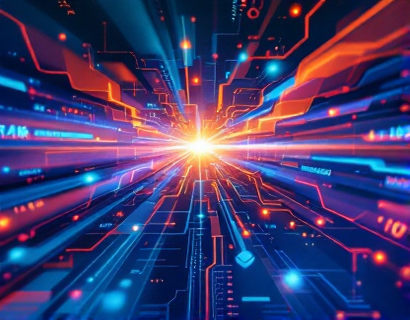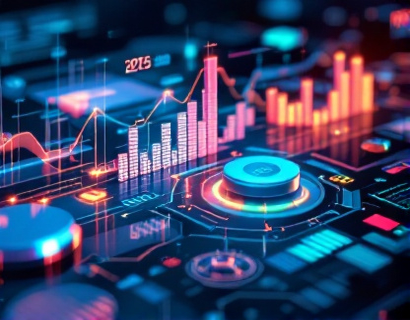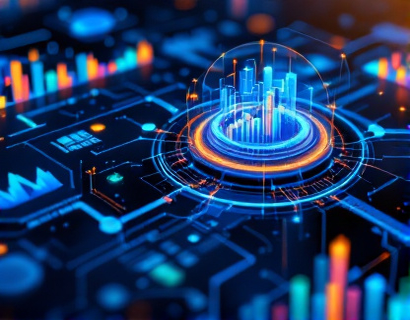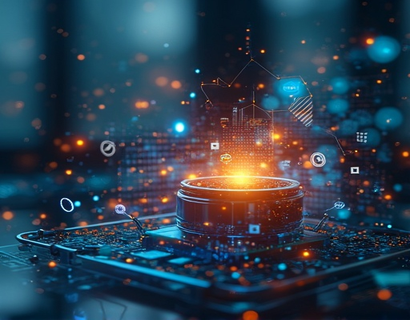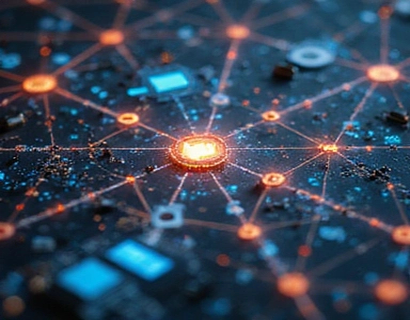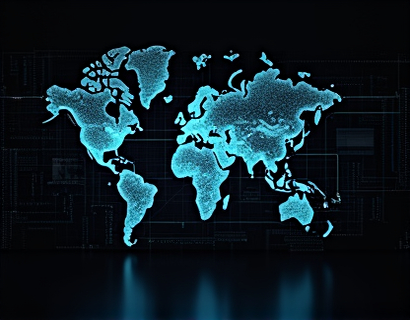Crypto-Powered AI Solutions: Transforming Digital Experiences
The intersection of Artificial Intelligence (AI) and blockchain technology, often referred to as crypto-powered AI solutions, is ushering in a new era of digital innovation. This synergy combines the strengths of both technologies to create enhanced security, efficiency, and novel applications that were previously unimaginable. For tech enthusiasts and businesses aiming to stay competitive, understanding how these technologies work together and the benefits they offer is crucial.
Understanding AI and Blockchain
Artificial Intelligence, a subset of computer science, focuses on creating systems that can perform tasks requiring human intelligence, such as learning, reasoning, and self-correction. AI algorithms can analyze vast amounts of data, recognize patterns, and make decisions with minimal human intervention.
Blockchain technology, on the other hand, is a decentralized digital ledger that records transactions across multiple computers in such a way that the registered transactions cannot be altered retroactively. This technology ensures transparency, security, and immutability, making it ideal for applications requiring trust and verification.
Enhanced Security Through Crypto-Powered AI
One of the most significant advantages of combining AI with blockchain is the enhancement of security measures. Traditional AI systems rely on centralized servers, making them vulnerable to cyber attacks. By leveraging blockchain, AI solutions can distribute data across a network of nodes, reducing the risk of a single point of failure.
Blockchain's cryptographic algorithms ensure that data is encrypted and secure. Each block in the chain contains a cryptographic hash of the previous block, creating an unbreakable link. This makes it extremely difficult for malicious actors to alter or tamper with the data. For AI applications, this means that sensitive data used for training models remains secure and tamper-proof.
Efficiency and Optimization
AI and blockchain together can significantly improve the efficiency of digital processes. AI algorithms can automate and optimize various tasks, from data analysis to decision-making, reducing the need for manual intervention. When these algorithms run on a blockchain network, they benefit from the distributed computing power, which can process large datasets faster and more efficiently.
Smart contracts, self-executing contracts with the terms directly written into code, can automate complex workflows. For instance, in supply chain management, AI can predict demand and optimize inventory levels, while smart contracts ensure that all transactions are executed precisely as agreed upon, reducing delays and errors.
Innovative Applications
The combination of AI and blockchain opens up a myriad of innovative applications across various industries. In healthcare, AI can analyze medical data stored on a blockchain to provide accurate diagnoses and personalized treatment plans. The immutable nature of blockchain ensures that patient data is secure and tamper-proof, enhancing trust and compliance with regulations.
In the financial sector, crypto-powered AI solutions can streamline trading processes, detect fraud, and manage risk more effectively. AI algorithms can analyze market trends and execute trades at optimal times, while blockchain ensures that all transactions are transparent and secure.
In the realm of digital identity, AI can help create robust identity verification systems, reducing fraud and enhancing user experience. Blockchain provides a decentralized and secure storage solution for identity data, giving users control over their personal information.
User Empowerment and Trust
One of the key benefits of crypto-powered AI solutions is the empowerment of users. Traditional systems often centralize data and control, leading to concerns about privacy and autonomy. By using blockchain, users can have greater control over their data, deciding who can access it and for what purpose.
AI-driven platforms can also enhance user trust by providing transparent and verifiable operations. Users can audit the algorithms and processes used by AI systems, ensuring that they are fair and unbiased. This level of transparency is particularly important in industries where trust is paramount, such as finance and governance.
Challenges and Considerations
Despite the numerous benefits, the integration of AI and blockchain is not without challenges. One of the primary concerns is scalability. Blockchain networks, especially those using proof-of-work consensus mechanisms, can be slow and resource-intensive. However, newer consensus algorithms and layer 2 solutions are addressing these issues, making blockchain more scalable and efficient.
Another consideration is the regulatory landscape. As AI and blockchain are relatively new technologies, regulations are still evolving. Businesses and developers must stay informed about local and international regulations to ensure compliance and avoid legal issues.
Energy consumption is another factor to consider, particularly for blockchain networks that rely on energy-intensive mining processes. The shift towards more sustainable consensus mechanisms, such as proof-of-stake, can help mitigate this issue.
Future Prospects
The future of crypto-powered AI solutions looks promising. As both technologies continue to mature, we can expect more sophisticated and seamless integrations. The development of interoperable blockchain platforms will enable different systems to work together, creating a more connected and efficient digital ecosystem.
AI advancements, such as federated learning, allow models to be trained across multiple decentralized devices without sharing sensitive data. This not only enhances privacy but also improves the robustness of AI models by leveraging diverse data sources.
The convergence of AI and blockchain is also likely to drive innovation in emerging fields like the Internet of Things (IoT) and decentralized finance (DeFi). In IoT, AI can process and analyze data from millions of devices, while blockchain ensures secure and reliable communication between devices. In DeFi, AI can optimize trading strategies and risk management, all within a secure and transparent framework.
Conclusion
The synergy between AI and blockchain is revolutionizing the digital landscape, offering enhanced security, efficiency, and innovation. For tech enthusiasts and businesses, embracing these crypto-powered AI solutions can provide a competitive edge and open up new possibilities. As the technologies continue to evolve, the potential for transformative applications is vast, promising a future where digital experiences are not only advanced but also secure and trustworthy.





